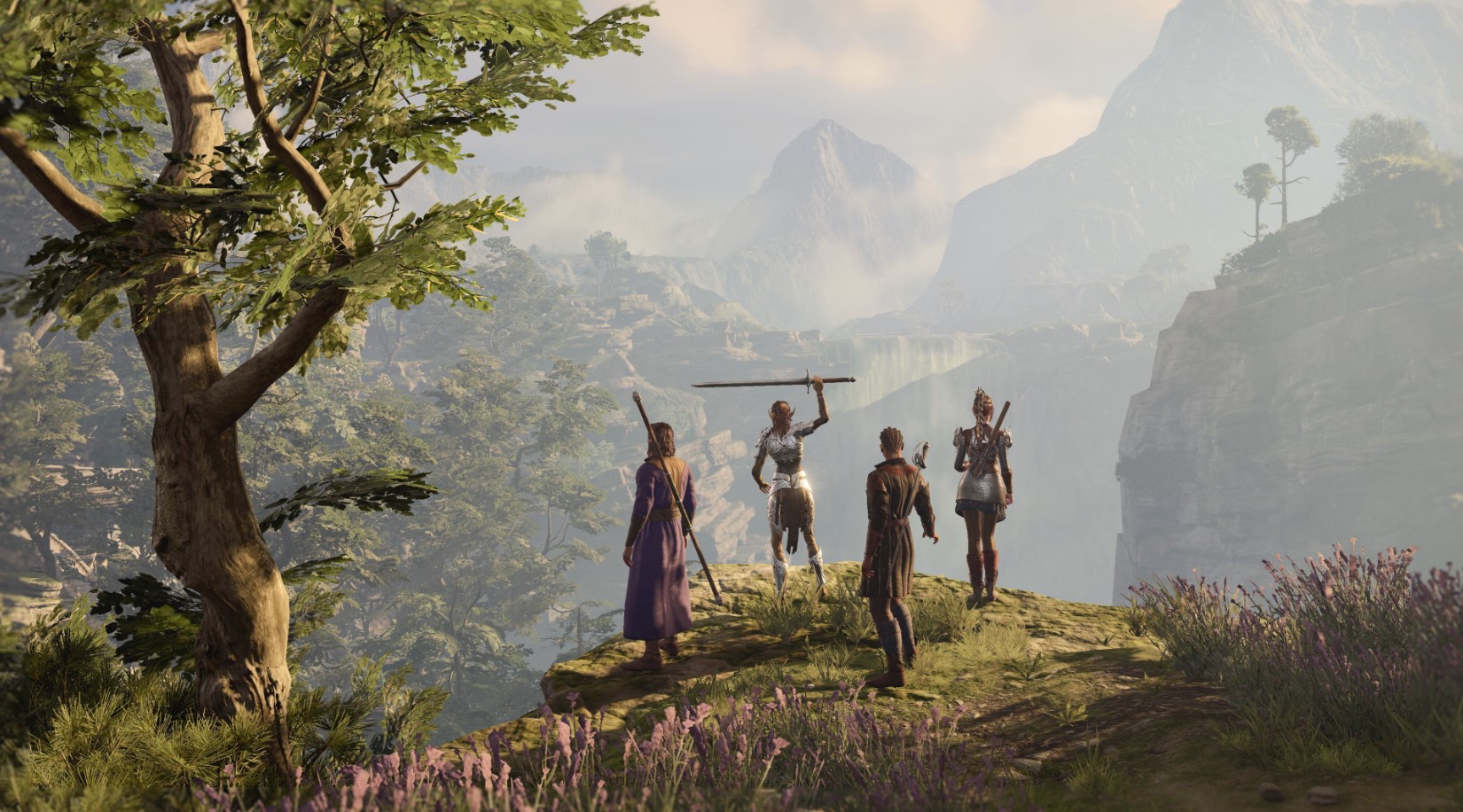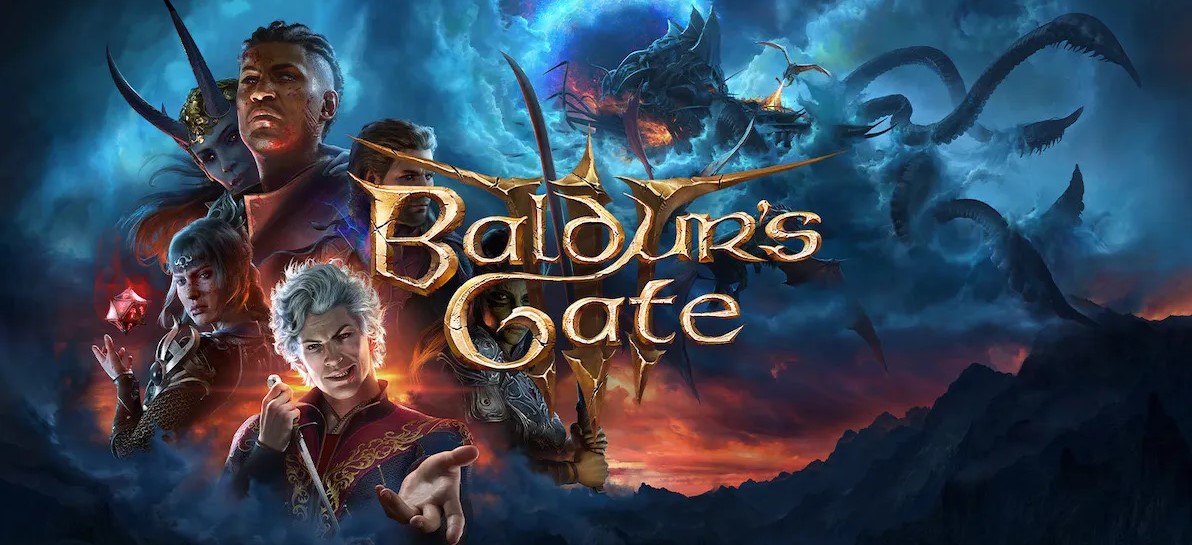There was no way I was gonna be making posts when Baldurs Gate 3 and Tears of the Kingdom dropped back-to-back, and there was no way you were gonna read them, so let’s just move on.
Larian Studios has always been a cut above when it came to their writing. This is self-evident in things such as their masterful grip on tone and form, with Divinity: Original Sin 2 wildly oscillating from Saturday morning cartoon quests to brilliant, grimdark fantasy, to touching moments of real emotion, struggle, heartache, and heartbreak and manages to make all of this feel like its feeding into a unified, greater whole.
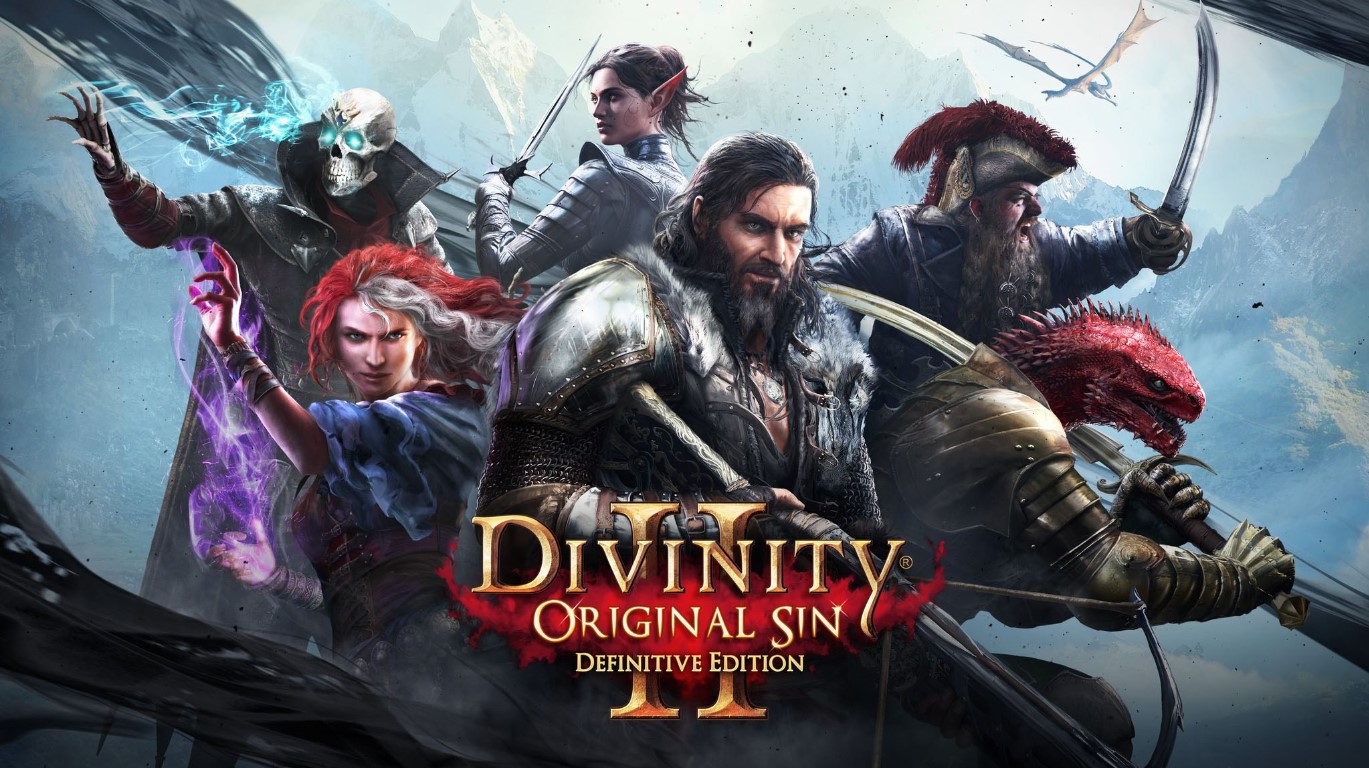 Masterpiece
Masterpiece
Baldurs Gate 3, unsurprisingly but no less impressive, elevates all of these things to a level that very few in the industry have ever gotten to. I think there is no better example of this than in their character work with the various companions of the game.
If you’re not up to speed, Baldurs Gate 3 has you traveling with a party comprised of potentially 4 total characters; your main character and 3 others. These companions are fully unique, fleshed out characters with their own full game arcs, storylines, endings, and opportunities for relationships of various kinds with your character.
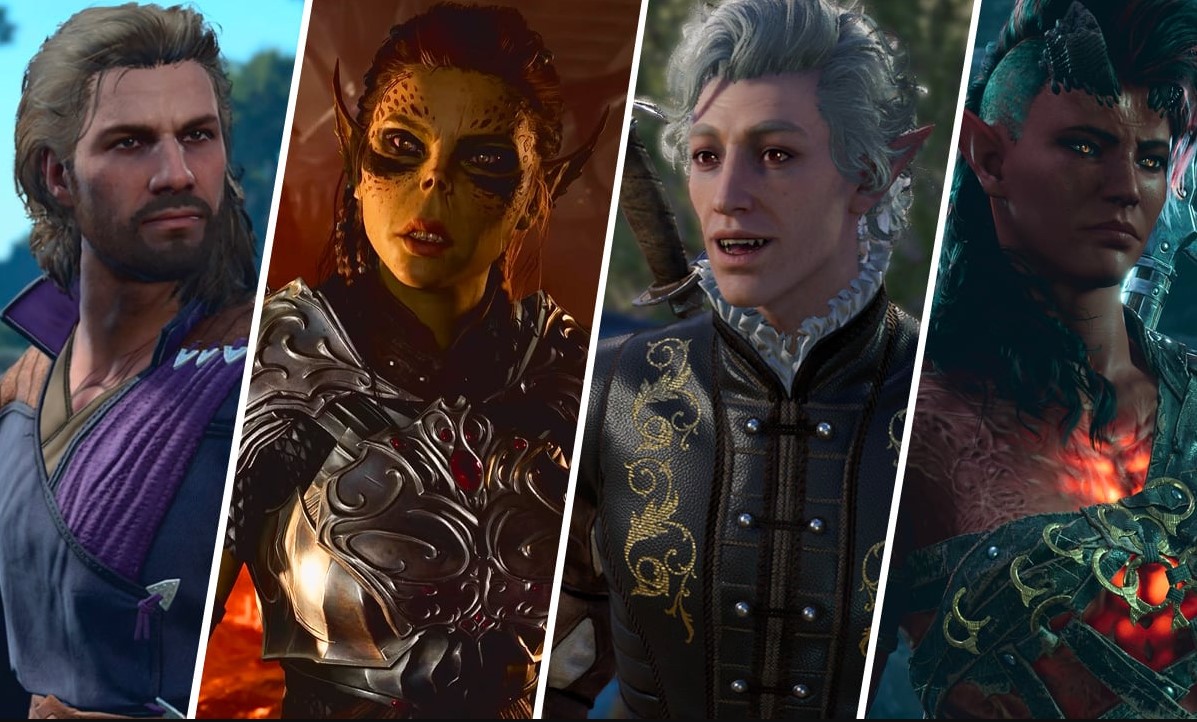 Image from TheMarySue.
Image from TheMarySue.
These characters are brilliantly executed on all of the fundamentals, they have interesting concepts reminiscent of classic D&D archetypal characters with their own Larian twists, their dialogue is sharp and evocative, and they look and sound fantastic owing to some incredible performances across the board.
But perhaps the most masterful note of these characters lies in the fact that they are very hard to love.
Early in my time with Baldurs Gate 3, I was traveling alongside one of my companions Shadowheart, who is a fellow Cleric like me but worshipping the Goddess Shar, who is antithetical to my own in the Faerûnian pantheon. I liked Shadowheart, she’s cold, methodical, devout, and passionate towards her Goddess of Dark and Night, but she never reads as straight up evil.
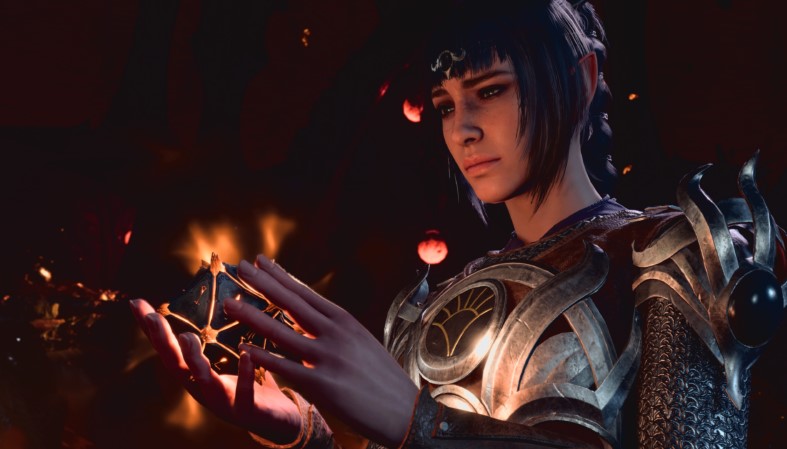 Complex-
Complex-
She has a strong moral compass and finds optimistic twists in Shar’s philosophy. If you’ve played D&D you know what the writers have effectively conveyed her as; lawful.
As I’m speaking to her by the flickering flames of our fire pit, recuperating after a day of heroically saving villagers from burning buildings and Owlbears from poaching Goblins, I ask her what will happen to us once we’ve finished our grand adventure together.
She turns to me and tells me, plain and cold, that our Gods will go to war, and once we have ceased being necessary traveling companions, she will kill me in Shar’s name.
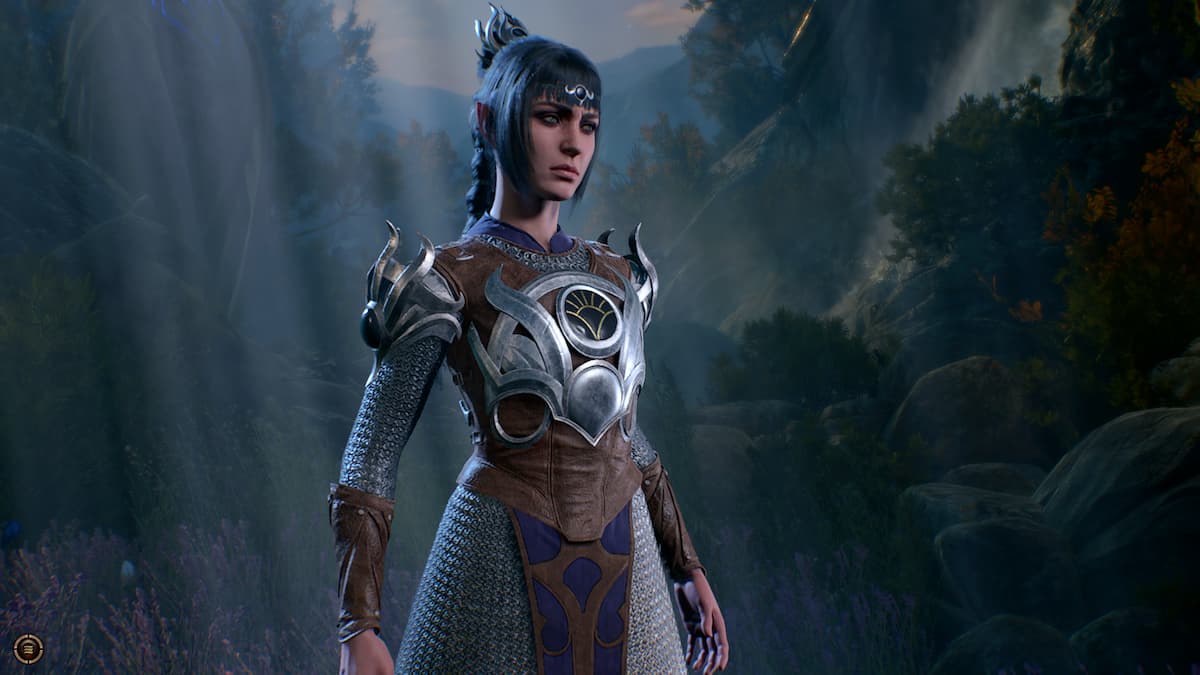 -but stalwart.
-but stalwart.
Now, none of the companions have told me (a little too excitedly, I might add) that they are going to slaughter me and everyone I know in a Holy War yet to come, but none of them have expressed staying by my side either.
When we’re done, they tell me, they will go home, or maybe they will continue on the adventure they were on before they were interrupted, or maybe they’ll just go on a soul-searching vacation, and that’s if they even stay til the end of the adventure.
Unlike the Squadmates of the Normandy, who are ride or die under the lead of Commander Shepard, regardless of how horrible they are to them and others, the companions of Baldurs Gate 3 might judge you unworthy of being followed and leave.
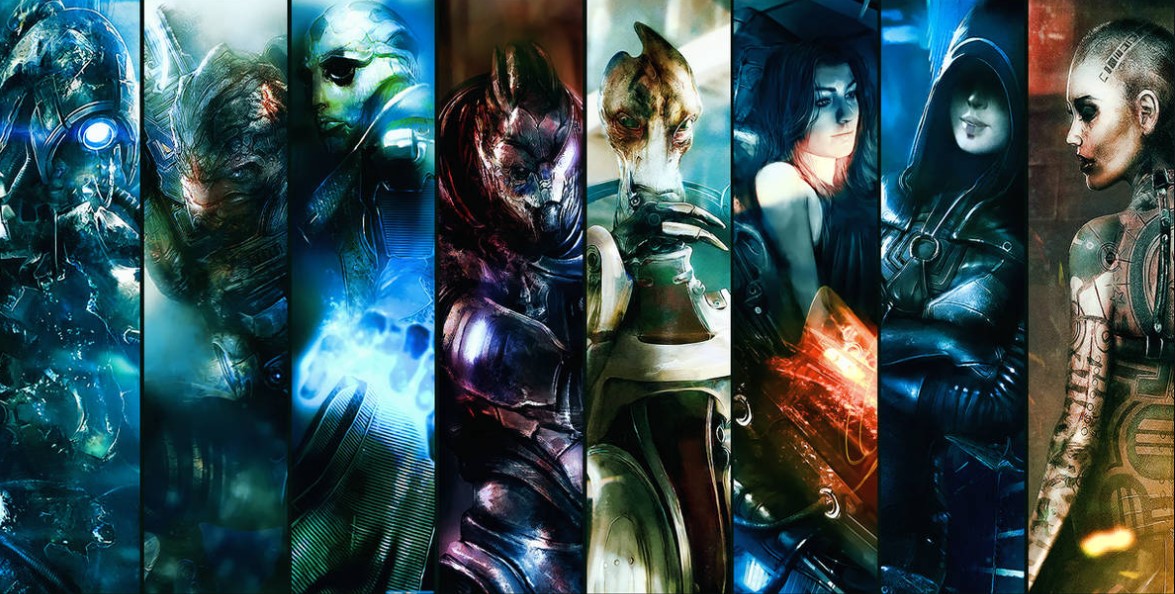 Not that I don’t love them. Image from BelowInfinity, art by Patryk Garrett.
Not that I don’t love them. Image from BelowInfinity, art by Patryk Garrett.
In a single-player video game, you are the main character. You are the centerpiece of a world created for you and for your story, you are its ultimate arbiter and its sole avenue for change. But in Baldurs Gate 3, you are not the main character in the story of your companions.
These companions had and have lives outside of you. They have their own stories, their own feelings, their own thoughts, and their own struggles that they are grappling with which conflict with the game’s overarching main quest.
And these struggles, it should be noted, are not window dressing. They are not fake struggles, with no consequences, created to add pretend depth to flat characters and give the player something to help with just so that they feel important.
When Gale tells you about his need to consume magic items his ineffable charm might dull the impact of the reveal, but all of his charisma is blunted when you are staring at a menu of magical items and deciding which you are going to hand over for him to literally eat.
When Astarion is telling you he’s a vampire, you might be staring at the fangs in his mouth and thinking “No shit.” but you will be caught off guard when he tells you that he needs blood now and you are the only viable source around.
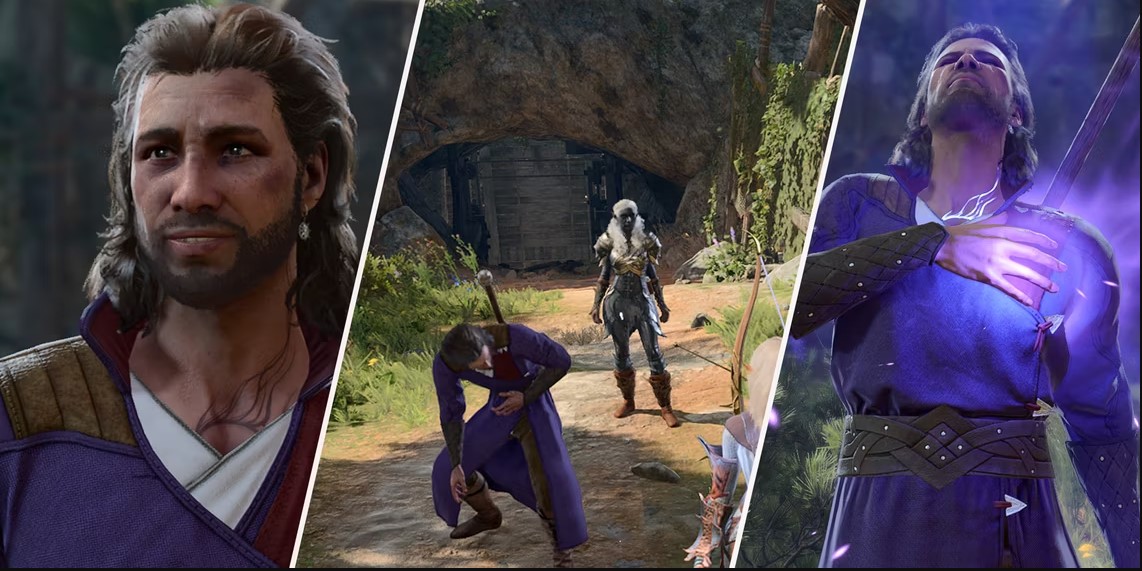 Please, not again. Image from TheGamer
Please, not again. Image from TheGamer
These companions do not fall at your feet the moment you encounter them. They are not easily trusting, and earning their trust is done through thousands of choices you’ll make and the judgments they pass on them. They are not solely beneficial, as you grapple with their central conflicts and experience the consequences of their poor decisions and conditions.
They are deeply, deeply human.
The flaws, the struggles, the trust issues, the judgment, and the baggage of these characters create a profound commentary on connection and relationships which sees you having to work to empathize with, care for, and let in companions the same way they will do to you. In Baldurs Gate 3, you are not given love through the simple act of existing.
You earn it.
I have kept Shadowheart with me through the entire game. Across dozens of hours and stretches of the Forgotten Realms, I have worked to earn her trust through the resolution of conflict with enemies and conflict with each other. She’s still a follower of Shar, the Goddess of Shadows, but now when she talks to my character she says, “Well, my day just got a little brighter.”
And that, by far, is the best reward you can get in Baldurs Gate 3.
